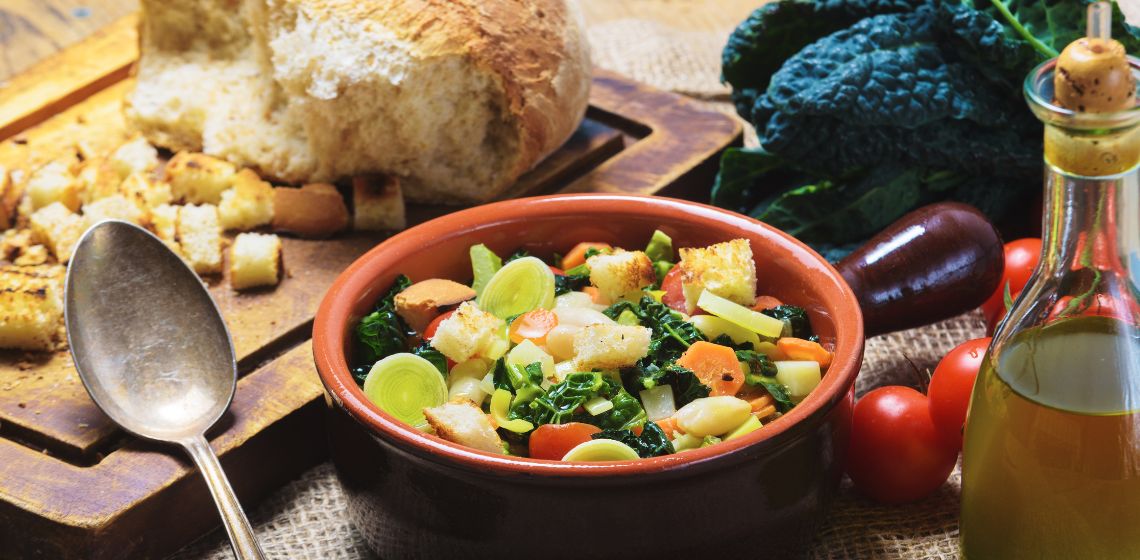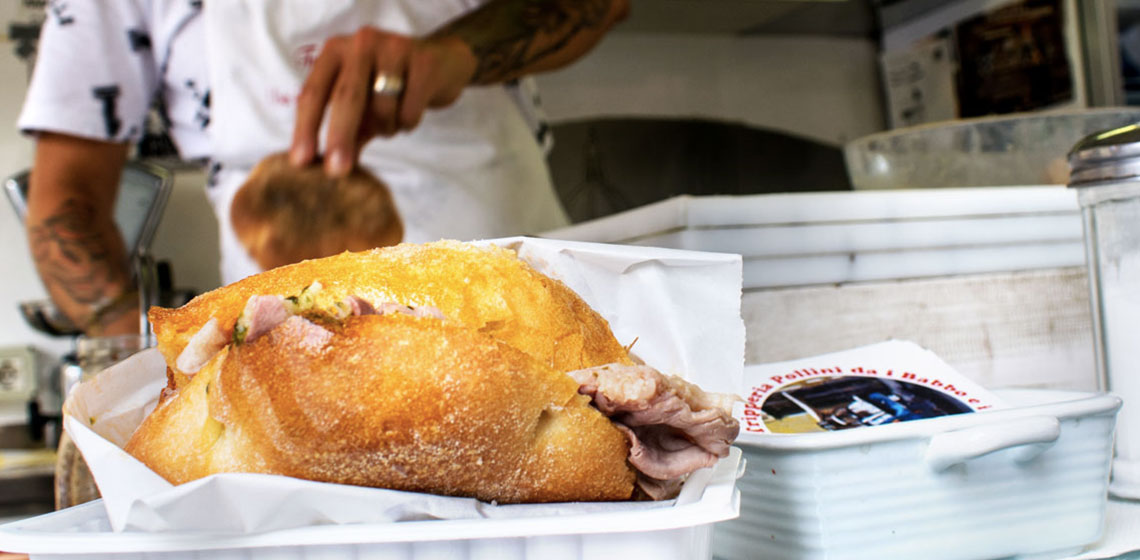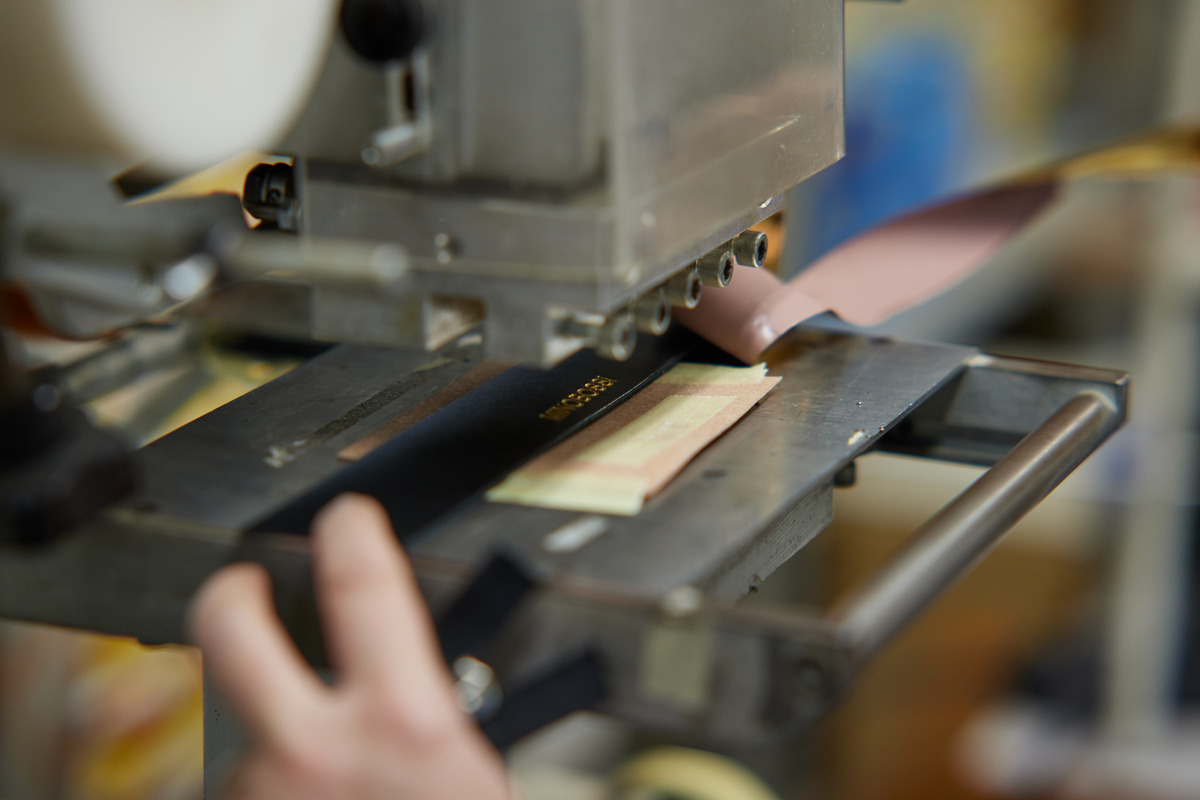
A guide to typical florentine products and historic shops
A journey into the authentic flavors, craftsmanship, and rich traditions of Florence.
Florence is the cradle of the Renaissance and a city rich in culinary and artisanal traditions. Beyond its famous landmarks, the true essence of Florence can be discovered in its historic shops, where centuries-old crafts and local delicacies continue to thrive. There are many goods Florence is known for, from leather to tripe; these time-honoured Florentine products offer a unique glimpse into the authentic soul of the city. Let’s explore the typical foods and wines of Florentine artisans:
1. Gastronomy: Florentine Delicacies
- Lampredotto: A traditional Florentine street food made from the cow's fourth stomach, slow-cooked and served in a sandwich. It can be found at Trippai iconic street vendors. Read more!
- Cantucci and Vin Santo: Cantucci are almond biscuits traditionally enjoyed dipped in Vin Santo, a sweet dessert wine. Try them!
- Tuscan Olive Oil: Florence is surrounded by olive groves, making high-quality olive oil tastings and mill tours a staple of this land. Taste it!
- Bistecca alla Fiorentina: A thick-cut T-bone steak, often sourced from Chianina cattle and grilled rare. Read more!
- Pappa al Pomodoro & Ribollita: Pappa al pomodoro is a hearty Florentine dish made from ripe tomatoes, stale bread, garlic, and basil, simmered into a thick, flavorful stew. Ribollita, another traditional favourite, is a rustic soup of cannellini beans, vegetables, and stale bread, slowly cooked to perfection and traditionally enjoyed as a warming meal in the colder months.

2. Wine: Tuscan Vineyards’ Finest
Florence is at the heart of Tuscany’s renowned wine regions. Historic wine shops (enoteche) often feature:
- Chianti Classico
- Brunello di Montalcino
- Vino Nobile di Montepulciano

3. Typical Artisanal Products Florence
- Leather Goods: Florence is known for its high-quality leather craftsmanship. The district of Santa Croce houses workshops that have been operating for centuries, making bags, belts, and shoes. Try the workshop!
- Goldsmiths and Jewelers: The Ponte Vecchio is famed for its historic goldsmith shops, where artisans create intricate jewellery pieces. Read more!
- Paper and Stationery: Florence has a tradition of handmade paper and marbleised stationery, often sold in family-owned shops that have passed down their craft for generations.
4. Cultural Experience
These historic shops often serve as small cultural centres, preserving Florentine traditions and offering visitors a unique opportunity to engage with the city’s heritage. Many are family-owned businesses with centuries of history, where stories of Florence’s past can be felt in the atmosphere.







 All the services are provided by local merchants
All the services are provided by local merchants By using this site you support Florence
By using this site you support Florence We offer products with high-quality standards
We offer products with high-quality standards You stay sustainable
You stay sustainable It's a 100% trustworthy website
It's a 100% trustworthy website